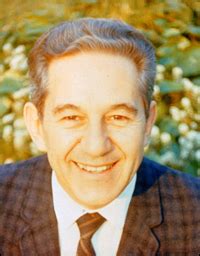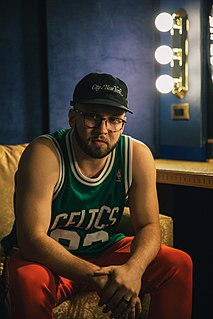A Quote by Ed Foreman
We change when the pain to change is less than the pain to remain as we are.
Related Quotes
To remain stable is to refrain from trying to separate yourself from a pain because you know that you cannot. Running away from fear is fear, fighting pain is pain, trying to be brave is being scared. If the mind is in pain, the mind is pain. The thinker has no other form than his thought. There is no escape.
Pain is important: how we evade it, how we succumb to it, how we deal with it, how we transcend it. ... pain will always either change or stop. Always. ... The confidence that it will change is what makes bearing it possible. So pain is fluid. It is only when you conceive of it as something static that it is unbearable.
All personal breakthroughs begin with a change in beliefs. So how do we change? The most effective way is to get your brain to associate massive pain to the old belief. You must feel deep in your gut that not only has this belief cost you pain in the past, but it's costing you in the present and, ultimately, can only bring you pain in the future. Then you must associate tremendous pleasure to the idea of adopting a new, empowering belief.
































